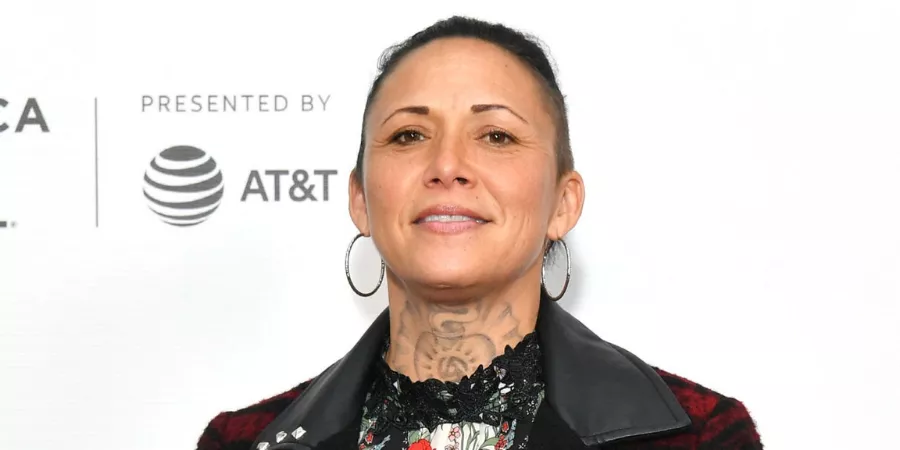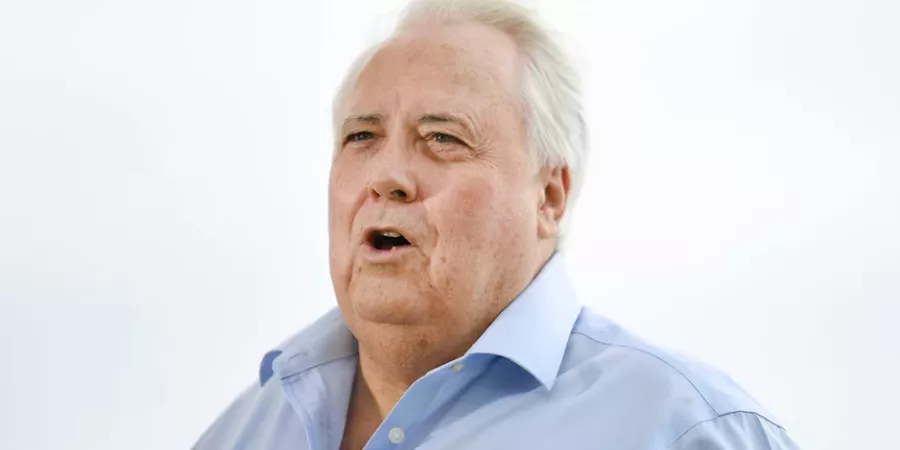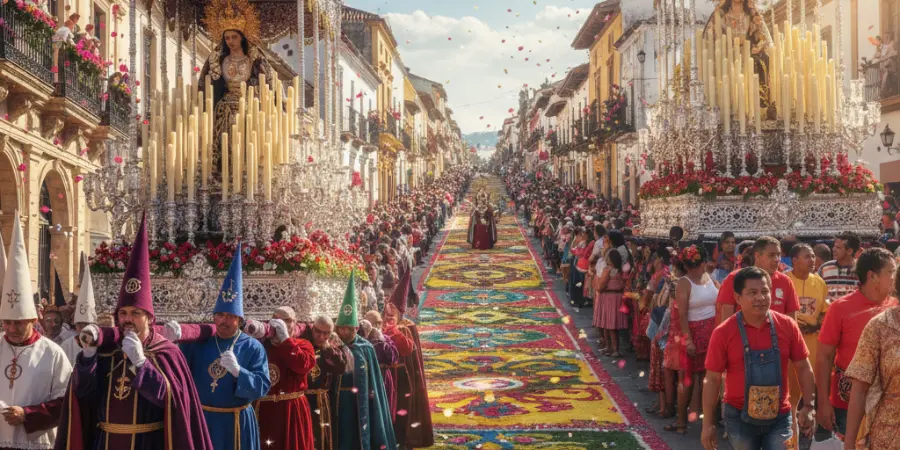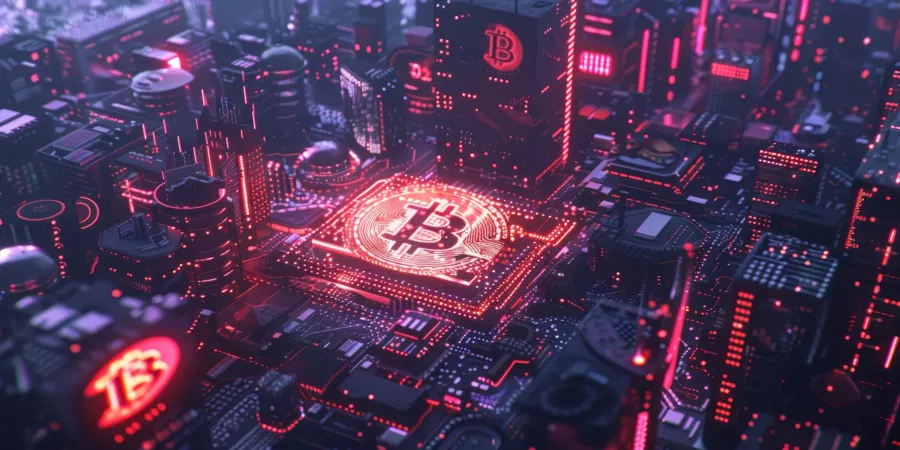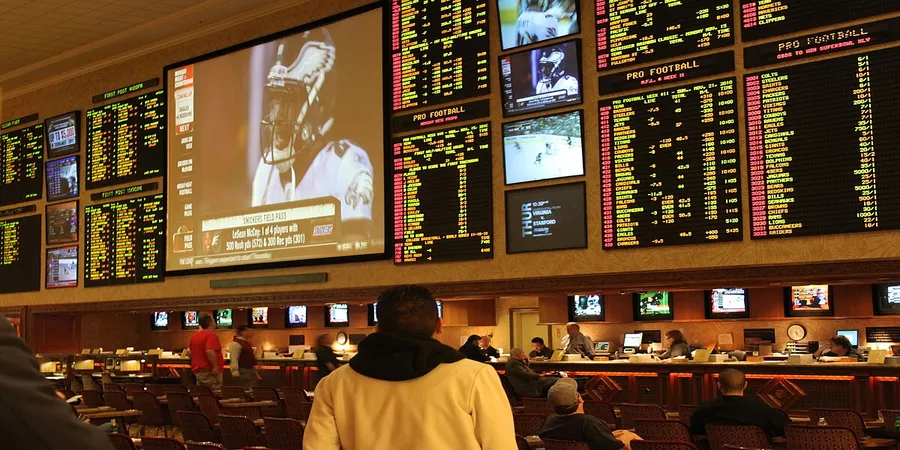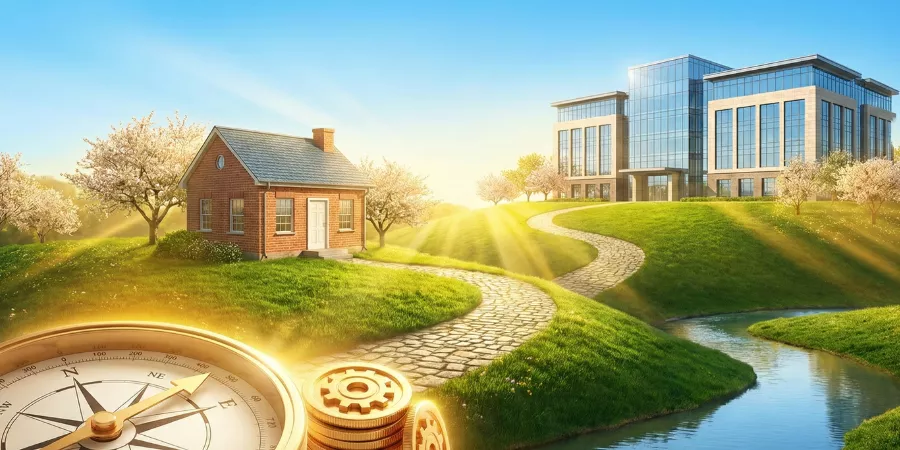Modern leadership has evolved beyond traditional command-and-control approaches, emphasizing adaptability, empathy, collaboration, and a strong focus on purpose and social responsibility. Today’s leaders must balance business performance with sustainability, inclusion, and positive societal impact to remain relevant and effective.
Introduction: The Shift to Modern Leadership
In today’s rapidly changing business landscape, the definition of leadership has undergone significant transformation. Modern leadership is dynamic, human-centered, and closely tied to global challenges requiring not just the delivery of results but fostering cultures of trust, innovation, and sustainability.
What Is Modern Leadership?
Modern leadership refers to the adoption of contemporary principles and practices that prioritize adaptability, emotional intelligence, and purpose-driven decision-making. Unlike traditional leadership models, which often relied on hierarchy and directive management, modern leaders inspire and empower teams, nurture talent, and adapt quickly to changing environments.
Key Characteristics of Modern Leaders
- Emotional Intelligence and Empathy
Modern leaders excel in self-awareness, understanding their emotions, and empathizing with others. They build strong interpersonal relationships, recognize team members’ needs, and create supportive work environments that nurture well-being and psychological safety.
- Adaptability and Resilience
Today’s leaders must pivot quickly, responding to constant technological, social, and economic shifts. Their resilience enables organizations to weather crises, innovate, and pursue growth despite uncertainty.
- Collaboration and Inclusivity
Modern leadership thrives on collaboration. Inclusive leaders seek diverse perspectives, pushing beyond echo chambers to make wiser, more creative decisions. This openness leads to stronger team performance and broader organizational success.
- Vision and Purpose
Effective leaders articulate a clear vision linked not only to business goals but also to social and environmental values. They motivate teams by connecting daily work to a larger purpose helping employees find meaning and engagement at work.
- Digital Readiness
With the advancement of technology, leaders today must leverage digital tools, promote agile mindsets, and champion continuous learning to maintain competitive edges.
Sustainability and Social Impact in Modern Leadership
The Evolving Leader’s Role in Sustainability
Sustainability is no longer a corporate afterthought – it’s a core strategic imperative. Modern leaders actively champion responsible business practices, aiming for long-term environmental and social benefits alongside profitability. They encourage green initiatives, measure and reduce carbon footprints, and adopt ethical supply chain practices.
Social Impact and Stakeholder Value
Beyond shareholders, leaders increasingly consider all stakeholders: employees, customers, suppliers, communities, and the planet. Social impact initiatives like supporting local communities, promoting diversity and inclusion, and advocating for fair labor have become central to leadership agendas. This holistic approach strengthens brand reputation, builds trust, and drives sustained organizational success.
The Shift Toward Purpose-Driven Organizations
A defining feature of modern leadership is a commitment to purpose-driven strategies. These leaders understand that aligning company missions with positive societal impact attracts talent, secures customer loyalty, and fosters innovation. Companies led with purpose are better equipped to navigate complex social issues and earn the respect of consumers and regulators alike.
Modern Leadership Styles: From Command to Coach
Today, leadership is less about authority and more about coaching and enabling others to succeed. Modern leaders:
- Foster open communication and feedback.
- Empower teams through autonomy and growth opportunities.
- Model integrity, transparency, and accountability.
- Champion employee development and lifelong learning.
Challenges Facing Modern Leaders
Modern leaders must juggle multiple demands:
- Navigating rapid digital transformation
- Addressing climate change and resource scarcity
- Ensuring equity and inclusion in increasingly diverse teams
- Managing remote or hybrid work environments
- Building adaptable, innovative cultures
Success requires ongoing learning and the humility to adapt leadership styles as circumstances shift.
Conclusion: The Future of Leadership
Modern leadership is both a response to and a driver of societal change. As expectations for corporate responsibility and sustainability rise, leaders who embody empathy, vision, inclusivity, and purpose are best positioned for long-term success. Ultimately, the most impactful leaders of today and tomorrow will be those who balance business acumen with a steadfast commitment to a better world.


